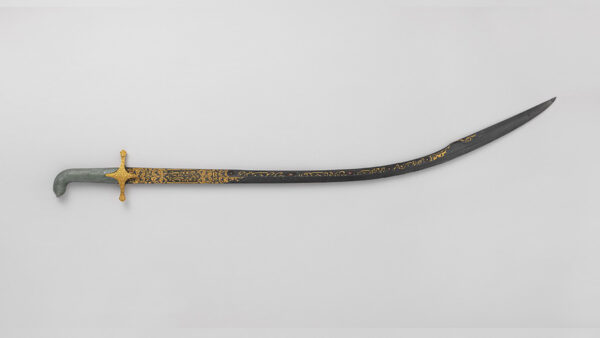Just read an interesting pamphlet called “The Story of William Cuffay, Black Chartist.” It’s quite a story.
His grandfather was an African, sold into slavery in St Kitts, where his father was born a slave. Somehow he ended up being freed and living in Chatham – the pamphlet doesn’t say how – and that’s where William Cuffay was born in 1788. He worked as a tailor all his life, only getting involved in politics when he joined the Tailors’ Strike of 1834 and was sacked from a job he’d held for many years, finding it difficult to get new work.
In 1839 he joined the Chartist Movement, demanding some basics of democracy: universal male suffrage, annual parliaments, vote by secret ballot, payment of MPs, abolition of property qualifications for MPs, and equal electoral districts. By 1848, the year of revolutions around Europe, Cuffay had risen to a leadership role in the London Chartists, and was one of three London delegates to the national convention of April that year, organised to present the Chartist petition, with over two million signatures, to Parliament. With a massive crowd gathered on Kennington Common, however, the leader Feargus O’Connor lost his nerve and called off the march to Parliament, a decision the more radical William Cuffay strongly opposed. He seems to have been aligned more with the Physical Force group, which believed violence would be necessary, rather than the Moral Force group, which believed Parliament would listen to petitions.
Shortly afterwards, in August 1848, Cuffay was involved in a plot to spark an uprising in London and arrested – a plot heavily infiltrated, even orchestrated, by paid police spies. At his trial he objected to being tried by a middle-class jury. “I demand trial by my peers, according to the principles of the Magna Carta…. They are not my equals – I am only a journeyman mechanic.” His objections ignored, he was convicted on the police spies’ testimony and at the age of 61 was sentenced to transportation to Tasmania. Even there, he continued his political agitation, pressing for an amendment to the colony’s Masters and Servants Act. He died in a workhouse in 1870, aged 82.
For me, the story was a reminder of how many people, most of them more or less forgotten, fought and sacrificed for every right we have today. I’m not happy with the political system we have, or the rights we have and don’t have, but it’s clear that without the struggles of people like William Cuffay over many generations, things would be a hell of a lot worse. Today, I think, so many of us feel as if we have too much to lose to get involved in activism and protest. But Cuffay had a lot to lose, too. His father and grandfather were slaves, and he had managed to establish himself as a tailor earning a decent living. He risked his precious, hard-earned freedom, and ended up losing it.
The pamphlet was produced by a publisher called ‘past tense’, based on Peter Fryer’s book “Staying Power: The History of Black People in Britain”. Think that book’ll be on my reading list.


